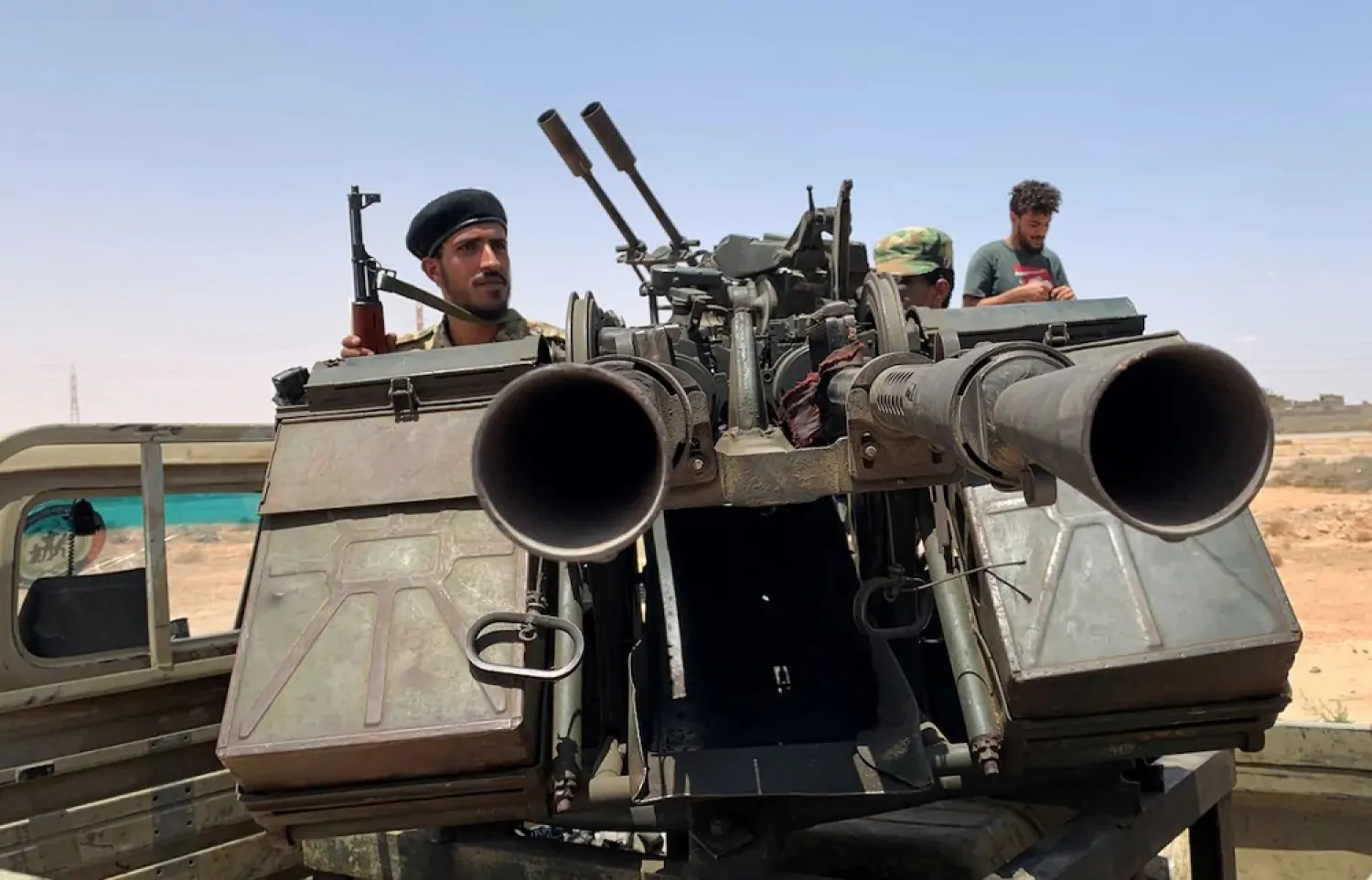Libyan National Army (LNA) commander Khalifa Haftar has yet to comment on the permanent nationwide ceasefire that was brokered by the United Nations earlier this week.
The accord, concluded after talks between military representatives of Fayez al-Sarraj's Government of National Accord (GNA) and the LNA in Geneva, will be followed by political discussions in Tunisia next month.
Speaking on condition of anonymity, informed Libyan sources told Asharq Al-Awsat that the rival parties are beginning to implement the agreement on the ground.
LNA spokesman Ahmed al-Mismari said that Haftar has not commented on the truce and that he was awaiting his official statement.
Mismari also denied claims attributed to him that he had apologized for the LNA’s war on Tripoli last year and earlier this year.
On the other side of the divide, the GNA Defense Ministry called for the immediate withdrawal of all mercenaries from oil facilities and military positions in Libya in a gesture of goodwill ahead of their pullout from the country.
It warned that some mercenary groups deployed at oil fields and the al-Jufra base “may be out of control and will need to be dealt with carefully and firmly.”
The High Council of State warned on Friday of the possible violation of the ceasefire by “rebellious” forces – a reference to the LNA – that do not recognize the presence of mercenaries among their ranks.
Spokesmen for the GNA’s Volcano of Rage operation, Mohammed Qanunu expressed doubts that the ceasefire would hold.
Qanunu, who was present at the Geneva talks, was skeptical over the ceasefire that “does not call for holding to account those involved in the aggression against Tripoli and other cities in western Libya.”
Moreover, he questioned the LNA’s ability to have “more than 5,000 Wagner group mercenaries and others from Syria, Sudan and Chad” withdraw from Libya
“We don’t believe they have the power to make such a demand, meanwhile the Wagner group continues to set up bases and fortifications and dig up trenches,” he added.
He also demanded that the UN dispatch monitors to the central city of Sirte and Jufra, describing them as hotbeds for foreign mercenaries.









